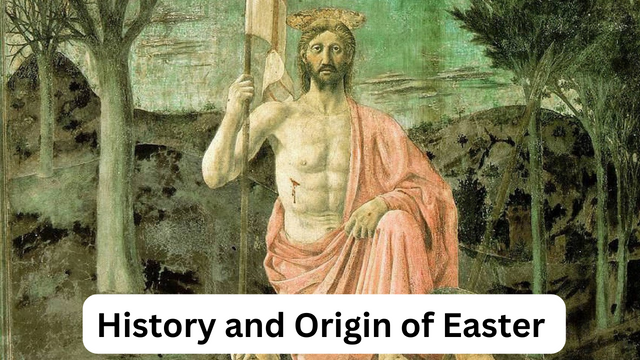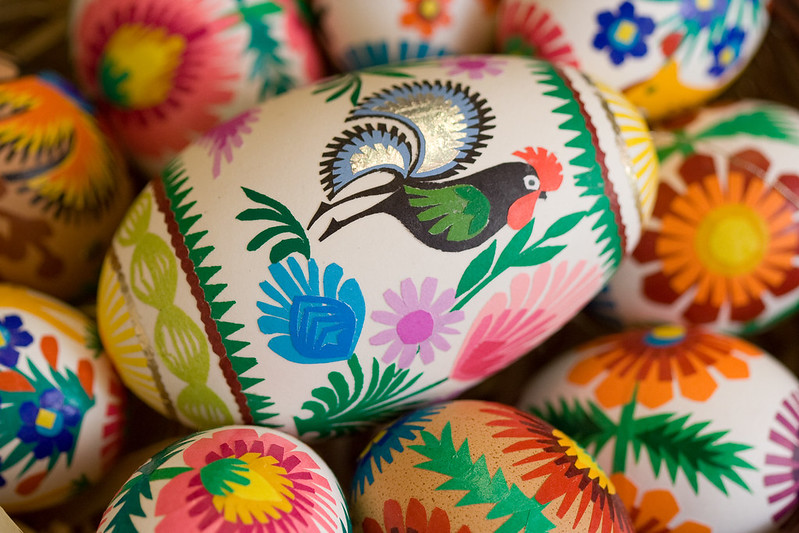History and Origin of Easter

Easter, Pascha, or just “The Great Day” as the holiday is called in many cultures, is one of the two biggest holidays in most Christian denominations, along with Christmas. Easter celebrates the resurrection of Jesus Christ on the third day after his crucifixion.
Complexity in Origin
Even though this all seems pretty obvious, the exact date and history of Easter is quite complex. Theologians have been quarreling for centuries about the proper date of Easter and still there does not seem to be any consensus. Add to that the question of Easter’s roots in European paganism and it’s no surprise that entire libraries can and are filled with questions about the origins of Easter.

Connection with Paganism
Most historians seem to agree that the holiday, widely known as “Easter”, has its origins in paganism. The main association cited here is that with Eostre, also known as Ostara, the Anglo-Saxon goddess of spring and fertility. Venerable Bede put forward this hypothesis in the 8th century AD.
According to this theory, the festival of Eostre was appropriated in Christianity, just as the early Christians did with the winter solstice festival. Which came to be known as Christmas. The fact that Christianity was known to do this – is not a controversial statement – early Christians spread their faith so widely and quickly by incorporating other religions into Christian mythology. The various angels and archangels of Christianity.
In this way, newly converted pagans could keep their holidays and most of their cultural practices and beliefs while converting to Christianity and accepting the Christian God. This practice is not unique to Christianity as many other religions that became large enough to span multiple cultures – Islam, Buddhism, Zoroastrianism, and more.

Other names for easter
It should also be mentioned that Easter is called Easter only in some parts of the Western world. In many other cultures and Christian denominations, however, it has other names.
The two you’re most likely to encounter are versions of Pascha, or Great Day, in many Eastern Orthodox cultures. Another common term for Easter in many Orthodox cultures is Resurrection.
Disputed date of easter
Most Western and Eastern Christian denominations debate around the “correct” date of Easter. It was initially known as the Paschal Controversy or the Easter Controversy. These were the main differences:
Early Eastern Christians, especially in Asia Minor, celebrated the crucifixion of Jesus on the same day that the Jewish people celebrated Passover – the 14th day of the first moon of spring or 14 Nisan in the Hebrew calendar. This meant that the day of Jesus’ resurrection would be two days later, on Nisan 16 – no matter what day of the week it was.
In Western Christianity, however, it was always celebrated on the first day week – Sunday. Therefore, Easter was celebrated on the first Sunday after the 14th day of the month of Nisan. Therefore, as early as 325 AD, the Council of Nicaea decreed that it should always occur on the first Sunday after the first full moon after the vernal equinox of March 21. This is why Easter always has a different date but is always somewhere between March 22 and 25 April.